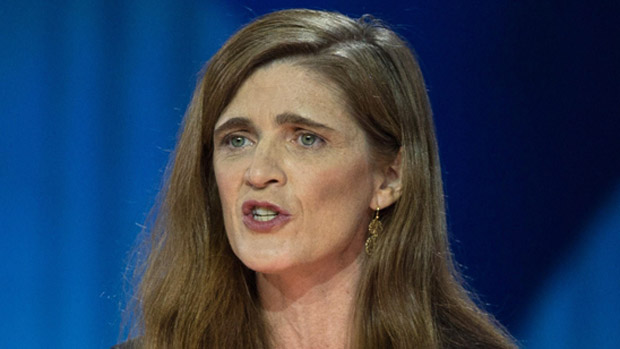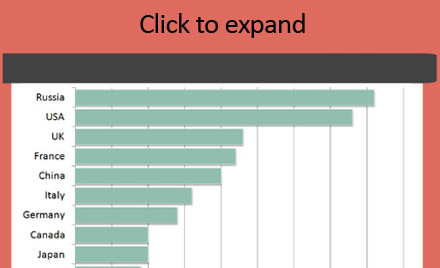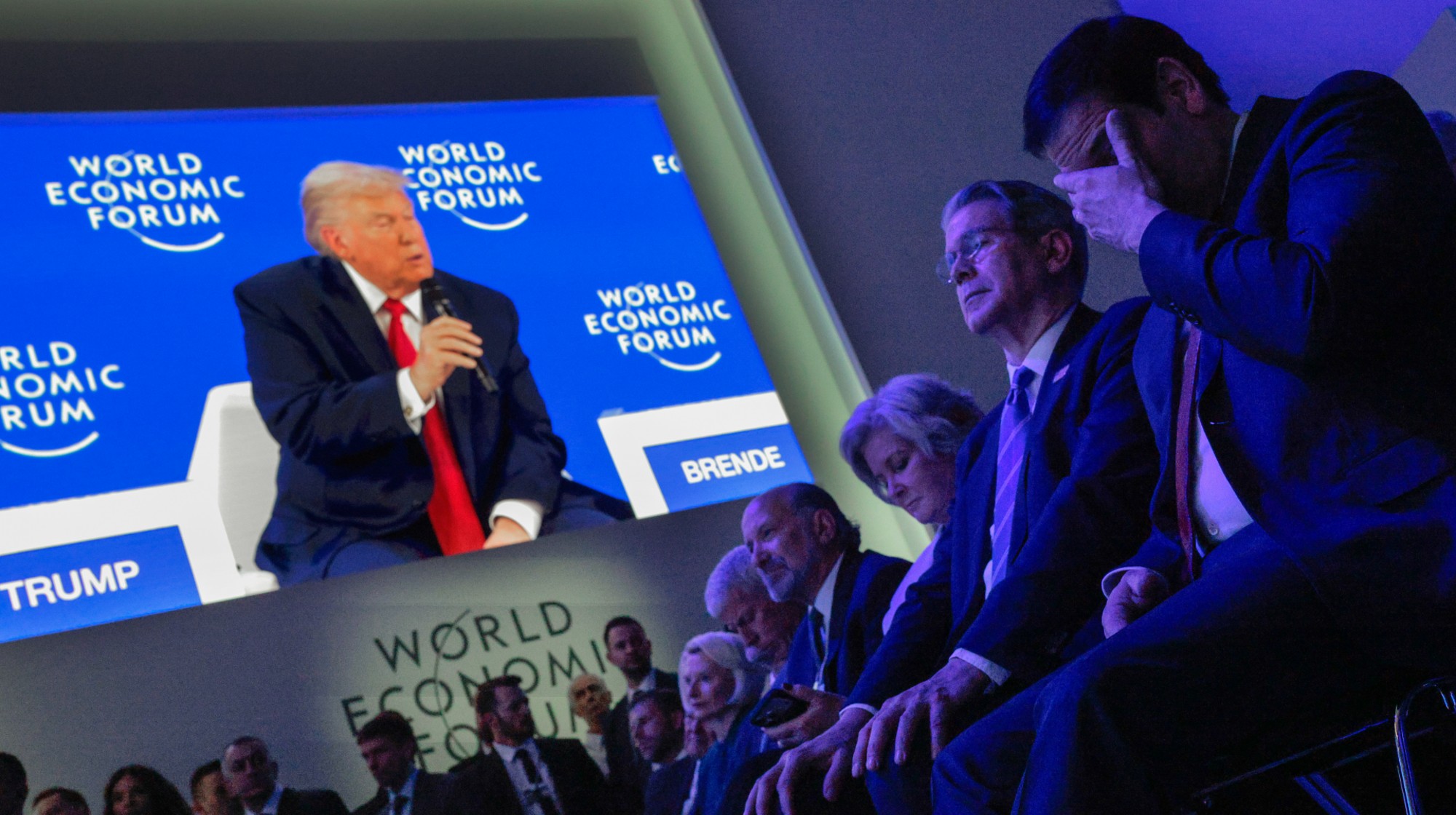US diplomat issues warning on 'dangerous' defence imbalance
Samantha Power urges Europe to increase military spending and provide more peacekeepers

A free daily email with the biggest news stories of the day – and the best features from TheWeek.com
You are now subscribed
Your newsletter sign-up was successful
The American ambassador to the United Nations has described the defence cuts planned by the UK and other European countries as "very concerning".
Speaking in Brussels, Samantha Power urged Europe to increase military spending and provide more peacekeepers for conflicts around the world.
She urged EU nations to abide by the NATO pledge to devote a minimum of two per cent of their national budget to defence, noting that few European governments had met the goal.
The Week
Escape your echo chamber. Get the facts behind the news, plus analysis from multiple perspectives.

Sign up for The Week's Free Newsletters
From our morning news briefing to a weekly Good News Newsletter, get the best of The Week delivered directly to your inbox.
From our morning news briefing to a weekly Good News Newsletter, get the best of The Week delivered directly to your inbox.
Given the "range and severity" of the crises faced by the West today, one could reasonably argue that the proportion should be higher, she said.
Power argued that, with the US spending around four per cent of its GDP on defence, the imbalance is "not only unsustainable, it is dangerous".
Her intervention comes amid "growing pressure" on political parties to ring-fence defence spending after the general election, says the Financial Times.
Power also pointed out that the number of troops provided by EU governments for peacekeeping missions had dropped from 25,000 troops two decades ago to 6,000 today.
A free daily email with the biggest news stories of the day – and the best features from TheWeek.com
UN peacekeeping needs European militaries "more than ever", she said, adding that countries need not guarantee specific numbers, but pledge to stand ready to help future missions on a case-by-case basis.
Power later told BBC Radio 4's Today programme that, in light of threats such as Islamic State and Ebola, "the number of missions that require advanced militaries around the world is growing, not shrinking".
The approved budget for UN peacekeeping operations for 1 July 2014 to 30 June 2015 is around $7.06 billion, which amounts to less than half of one per cent of world military expenditures, which was estimated at $1,747 billion in 2013.
Here are the UN's top ten providers of contributions to its peacekeeping operations for 2013 to 2015, as well as their military expenditure in 2013, according to figures from the Stockholm International Peace Research Institute:

-
 Quiz of The Week: 14 – 20 February
Quiz of The Week: 14 – 20 FebruaryQuiz Have you been paying attention to The Week’s news?
-
 The Week Unwrapped: Do the Freemasons have too much sway in the police force?
The Week Unwrapped: Do the Freemasons have too much sway in the police force?Podcast Plus, what does the growing popularity of prediction markets mean for the future? And why are UK film and TV workers struggling?
-
 Properties of the week: pretty thatched cottages
Properties of the week: pretty thatched cottagesThe Week Recommends Featuring homes in West Sussex, Dorset and Suffolk
-
 Epstein files topple law CEO, roil UK government
Epstein files topple law CEO, roil UK governmentSpeed Read Peter Mandelson, Britain’s former ambassador to the US, is caught up in the scandal
-
 Iran and US prepare to meet after skirmishes
Iran and US prepare to meet after skirmishesSpeed Read The incident comes amid heightened tensions in the Middle East
-
 Israel retrieves final hostage’s body from Gaza
Israel retrieves final hostage’s body from GazaSpeed Read The 24-year-old police officer was killed during the initial Hamas attack
-
 China’s Xi targets top general in growing purge
China’s Xi targets top general in growing purgeSpeed Read Zhang Youxia is being investigated over ‘grave violations’ of the law
-
 Panama and Canada are negotiating over a crucial copper mine
Panama and Canada are negotiating over a crucial copper mineIn the Spotlight Panama is set to make a final decision on the mine this summer
-
 Trump backs off Greenland threats, declares ‘deal’
Trump backs off Greenland threats, declares ‘deal’Speed Read Trump and NATO have ‘formed the framework for a future deal,’ the president claimed
-
 Why Greenland’s natural resources are nearly impossible to mine
Why Greenland’s natural resources are nearly impossible to mineThe Explainer The country’s natural landscape makes the task extremely difficult
-
 Iran cuts internet as protests escalate
Iran cuts internet as protests escalateSpeed Reada Government buildings across the country have been set on fire